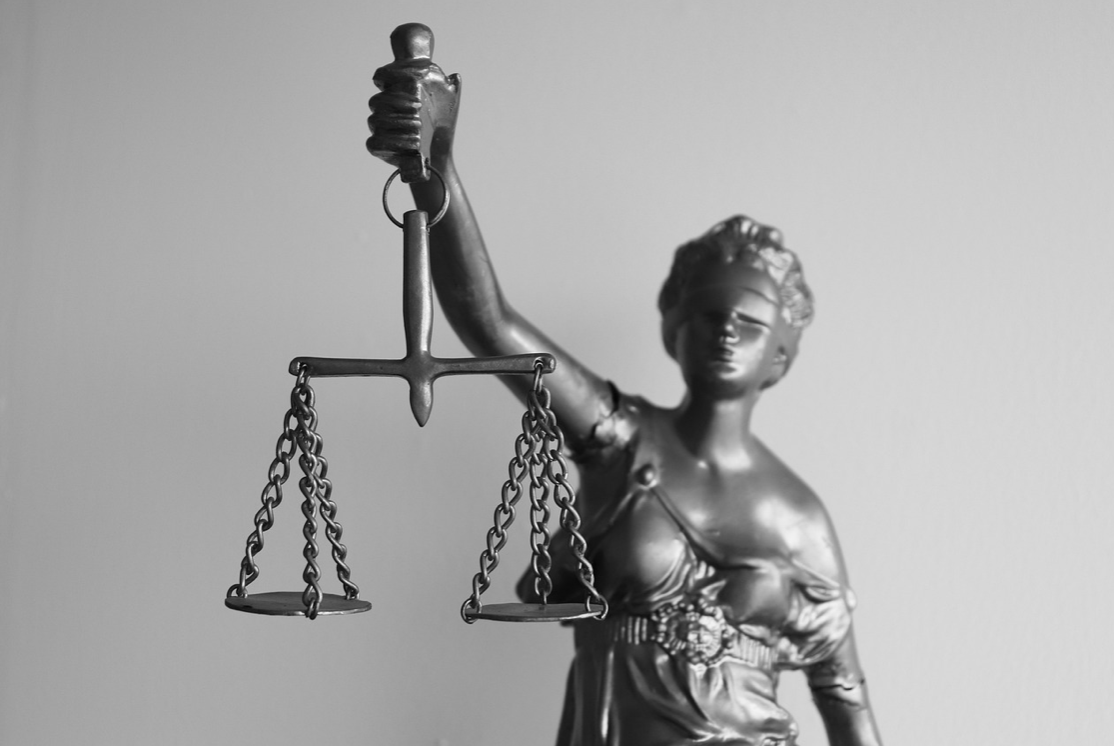President Lincoln famously said, “Resolve to be honest at all events; and if in your own judgment you cannot be an honest lawyer, resolve to be honest without being a lawyer.”
In 1850, President Lincoln was asked to address a group of new law school graduates and give them advice as they were embarking on careers as lawyers. What did he advise?
President Lincoln famously said, “Resolve to be honest at all events; and if in your own judgment you cannot be an honest lawyer, resolve to be honest without being a lawyer.” These words helped to establish the well-known nickname of ‘Honest Abe,’ which followed him throughout his legal and political career.
When limited to only a sentence or two to help guide a new lawyer’s conduct, these remarks would serve one well. However, one way to further incorporate the spirit behind this sound advice is to make The Rules of Professional Conduct (“The Ethics Rules”) the baseline and minimum standard for your conduct as you become a practicing lawyer.
New lawyers should come to know these Ethics Rules and always keep them readily accessible. There is simply no substitute for a working knowledge of the standards that govern a lawyer’s conduct in this uniquely self-regulated profession.
One might reasonably wonder if this still matters if they are not a litigator or never work directly with clients. The answer is an unwavering YES. In fact, all areas of legal practice will, at some point, present a difficult and unique situation in which knowing and following the Ethics Rules will serve NY bar admission candidates well.
A common mistake is to confuse legal ethics and morality—they are NOT always one and the same. Having the character and fitness to practice law is simply not enough when it comes to complying with the Ethics Rules in any jurisdiction. To be clear, the determination that a prospective lawyer has the requisite character and fitness to practice law is a critical part of becoming a duly admitted attorney. However, in professional practice, one cannot solely rely on that to ensure compliance with the Ethics Rules. These rules are often highly specific and may not always align with an individual’s sense of right and wrong.
For example, obtaining conflict waivers in writing is not inherently a moral issue. It is, however, a very specific part of the Ethics Rules that one would only know by reviewing them.
The Alton Logan Case
Consider the following circumstance and how a lawyer’s conduct must be guided by more than what they might feel is the right thing to do. The rules and the jurisdiction you are in truly matter.
Client confidentiality is a foundational principle for attorneys. Yet, the case of Alton Logan, who spent 26 years in prison for a crime he didn’t commit, exposes the ethical dilemmas this duty can present. New lawyers must understand both the critical role of confidentiality and the precise rules in the relevant jurisdiction. Here’s how the Alton Logan case illustrates this challenge.
The Alton Logan Case – A Summary
Andrew Wilson confessed to his public defenders, Dale Coventry and Jamie Kunz, that he had committed a murder for which Alton Logan was being prosecuted. Wilson, already facing the death penalty for other crimes, insisted his confession remain confidential, though he granted Coventry and Kunz permission to disclose this truth after his death. The lawyers upheld this confidentiality as Logan was convicted and sentenced to life in prison, maintaining silence until Wilson’s death in 2008. Their disclosure of Wilson’s confession, along with other evidence, helped Logan secure post-conviction relief and ultimately led to his release.
Ethics, Morality, and the Conflict for Attorneys

The case spurred debate about whether Coventry and Kunz should have broken confidentiality to protect an innocent man. For these attorneys, however, upholding the law around client confidentiality was paramount, even as they weighed its moral implications. They chose to abide by the applicable rule in their jurisdiction, which they interpreted to require lawyers to protect this client’s information, despite the emotional and ethical toll it exacted on them.
Changes to Confidentiality Rules
The Logan case inspired proposals to amend the rules that govern client confidentiality to allow disclosure in cases where innocence is at stake. Some opposed any amendments concerned that it could be detrimental to client trust in the attorney-client relationship.
Be certain to always review the exact rules and any amendments that have been made in your jurisdiction.
Lessons from the Logan Case
For new lawyers, the Alton Logan case underscores the importance of:
- Knowing the Rules: Understanding the NY Rules of Professional Conduct—Rule 1.6 in particular—and the potential exceptions is essential in navigating cases where confidentiality may appear to conflict with notions of morality or justice.
- Preparing for New York Legal Ethics Quandaries: Lawyers should anticipate the professional and personal challenges that accompany strict confidentiality and seek experienced guidance from a New York legal ethics expert when faced with a dilemma.
- Balancing Ethics and Morality: Coventry and Kunz’s experience highlights the fact that sometimes the legal ethics rules that New York lawyers are bound by may conflict with personal morality.
Conclusion
The Alton Logan case powerfully underscores the profound weight of confidentiality obligations in law. For new lawyers, understanding and upholding these duties is not just a matter of compliance but a pillar of professional integrity. While this was certainly an extreme case, it does serve as a reminder that navigating ethical obligations can sometimes require balancing personal morality with the demands of strict legal requirements.
For further reading:
•“A Killer’s 26-Year-Old Secret,” MSNBC
•“South Side Man Finally Free After 26 Years,” Chicago Tribune
•“Lawyer Reveals Secret, Toppling Death Sentence,” New York Times


Join the conversation!